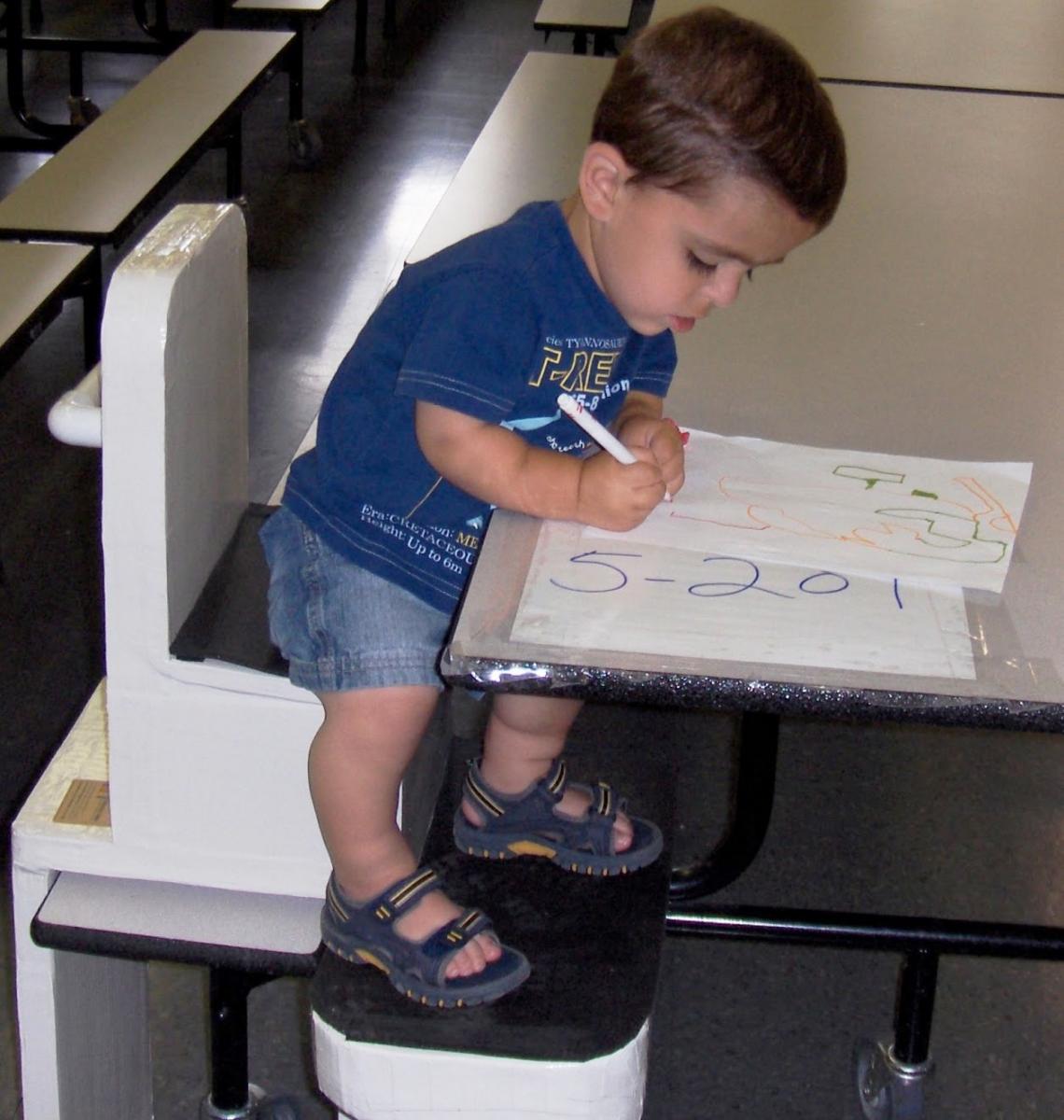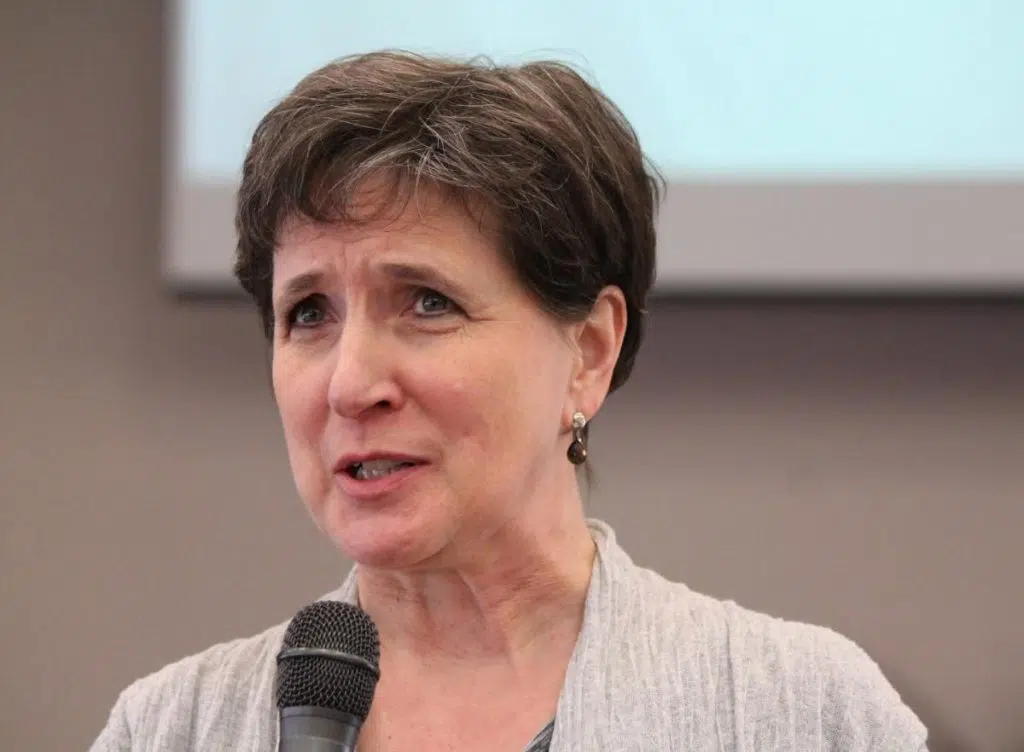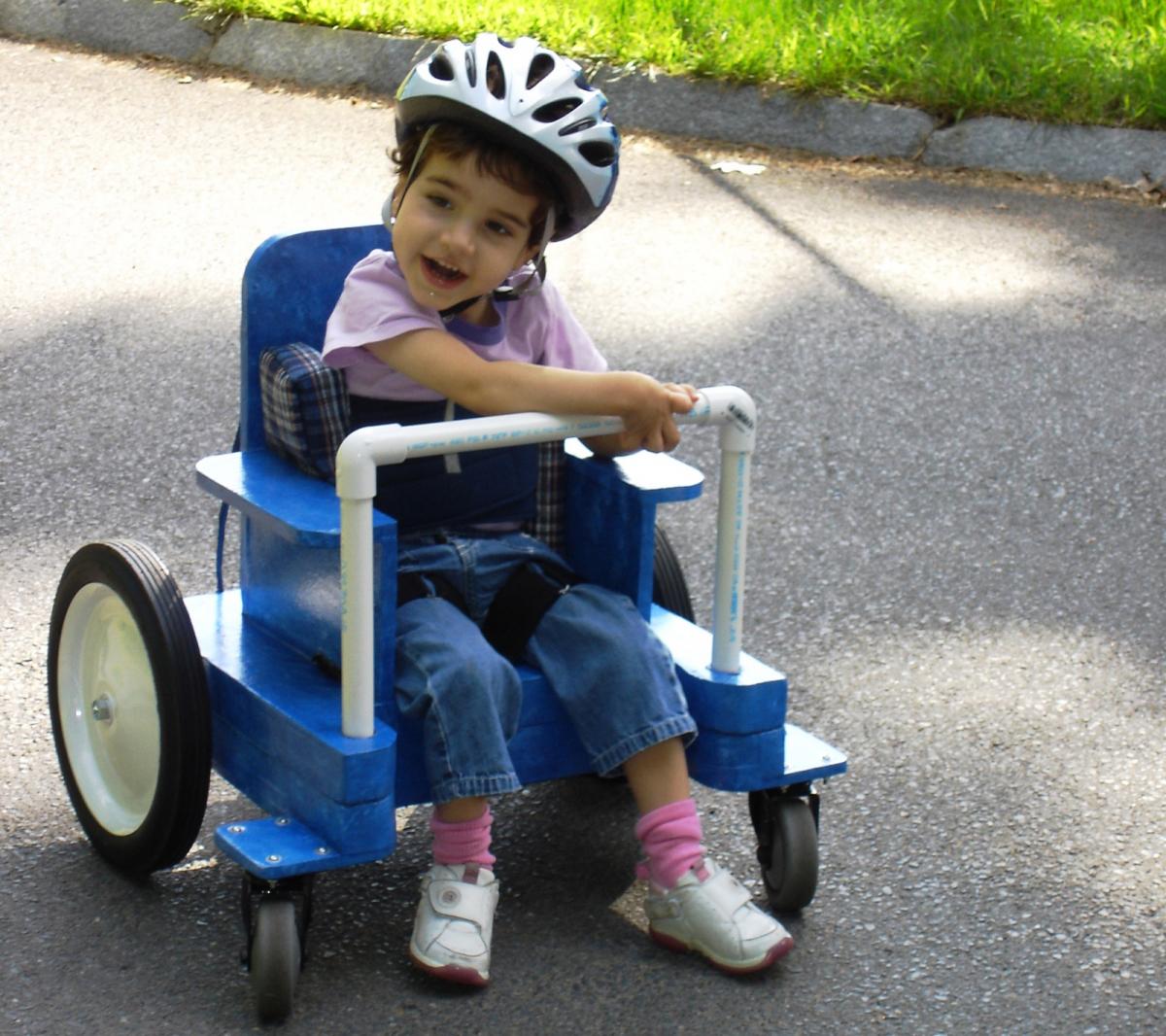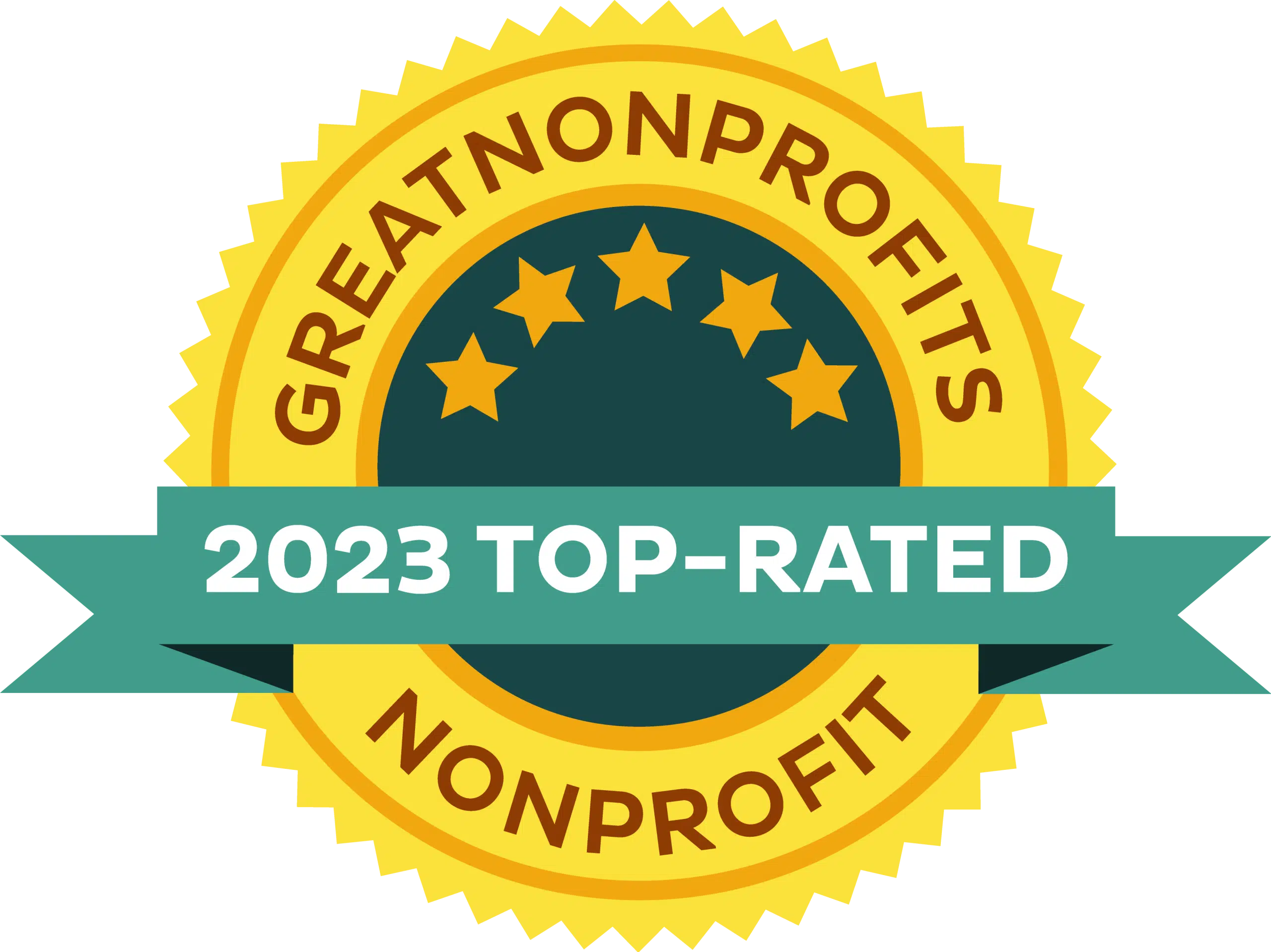Alex Truesdell, founder of Adaptive Design Association, was awarded a prestigious MacArthur Fellowship early this week. The award, commonly known as the “genius award,” grants Truesdell $625,000 to advance her organization’s work. The grant is paid over five years and unlike other grants, there are no strings attached. There are no guidelines and no progress reports expected. It is purely meant to inspire creativity and mobility.
In 1981, Truesdell was an early childhood teacher at Perkins School for the Blind in Boston when her aunt suffered a spinal cord injury that left her hands paralyzed. Truesdell watched as her aunt began struggling with everyday tasks, and realized she could help. She began creating tools out of everyday materials that allowed her aunt to go about her day uninhibited. Truesdell didn’t know it at first, but the tools she was creating have a name – “adaptive technologies.”
Truesdell realized she could create adaptive technologies for the children at Perkins School, as well. She turned her basement into a workshop, and her full-time job changed from a teacher in a classroom to building adaptations for the school’s Assistive Device Center.
In 1996, Partners of the Americas awarded Truesdell a 3-year Kellogg Fellowship in International Development, and her life changed forever. “I learned to think and look beyond my small sphere and daily routines. Before the Fellowship I supposed there were more contrasts among people and communities than similarities,” Truesdell said.
Truesdell built a strong connection to Partners during her Fellowship. She was inspired by Partners mission to empower ordinary people to do extraordinary things. “There is untapped human potential everywhere, not just in people with disabilities, but people everywhere,” Truesdell said.

Adaptive Design works individually with a child’s parents and teachers, to make sure the exact problem is heard and addressed. Unlike other businesses, Truesdell wants people to be able to replicate what she builds. She wants to share patterns and inspire widespread knowledge in order to aid as many children with disabilities as possible.
In order to spread their knowledge, Adaptive Design builds partnerships with people practicing adaptive designs in countries across the globe. They have created networks in several countries in the Americas that Partners also works with, including Brazil, Guatemala, Ecuador, and Nicaragua.
Partners of the Americas also works to push people beyond their physical limitations and mental blocks. We are inspired by Truesdell, just as much as she is by us.
Watch Alex Truesdell’s inspiring interview with the MacArthur Foundation below:





